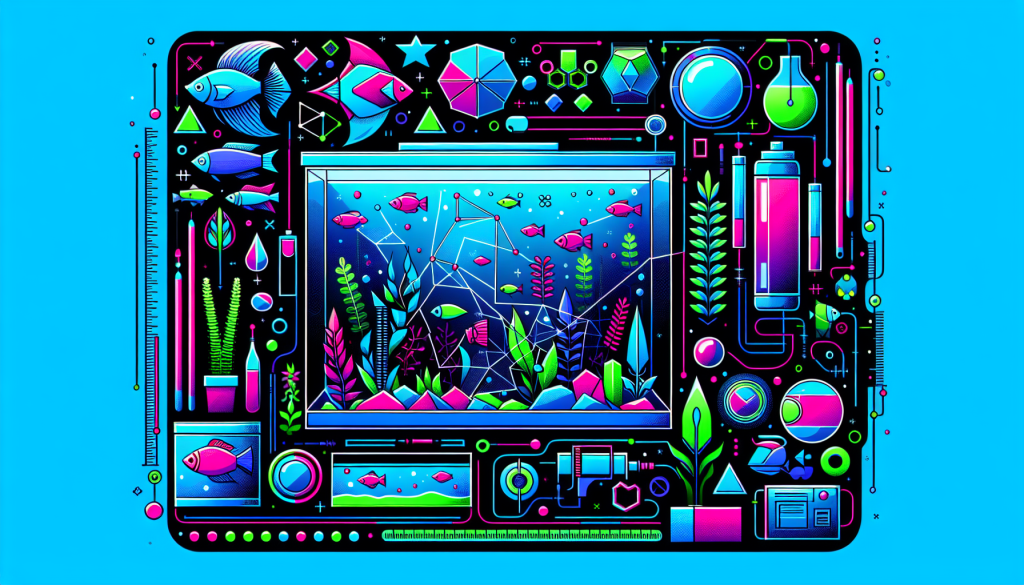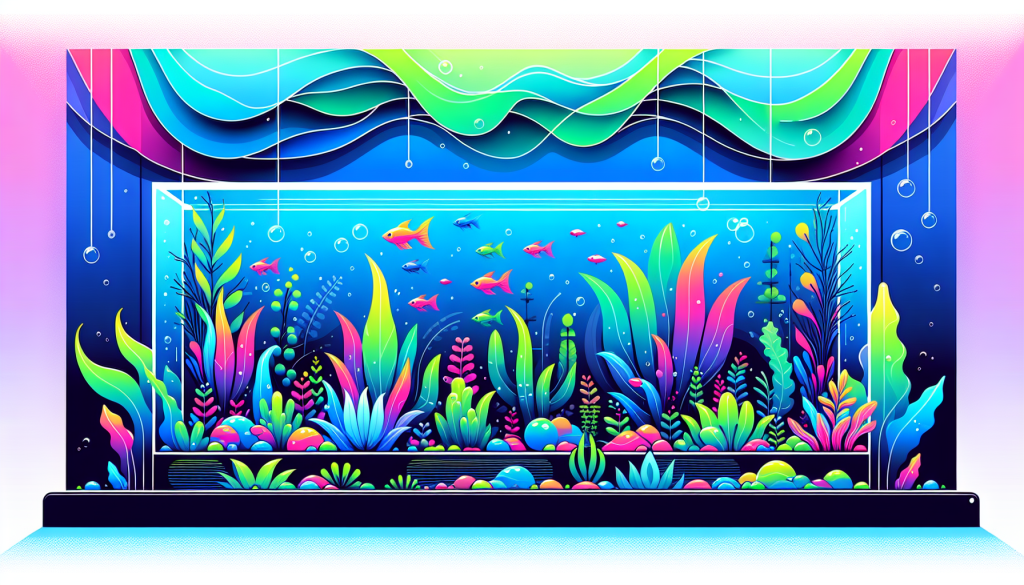How to Monte Carlo Carpeting (Intermediate Guide)
Transform your aquarium with a vibrant Monte Carlo carpet! This step-by-step guide covers everything intermediate aquascapers need to know to achieve a healthy, lush green carpet using Micranthemum tweediei ‘Monte Carlo’.
What is Monte Carlo?
Monte Carlo (Micranthemum tweediei ‘Monte Carlo’) is a popular foreground plant in aquascaping. Known for its small, round leaves and vibrant green color, this aquatic plant spreads horizontally to create a dense, lush carpet on your aquarium substrate.
- Growth rate: Fast under optimal conditions
- Height: 3-5 cm (1.2-2 in)
- CO2: Recommended but not strictly necessary
- Lighting: Moderate to high
- Difficulty: Intermediate
For more background on low- and mid-level aquascaping plants, check out our Beginner Aquascaping Plants Guide.
Preparing Your Tank for Monte Carlo
Substrate Selection
Monte Carlo grows best in nutrient-rich substrates, such as aqua soils or enriched plant substrates. While it can survive in inert sand or gravel, growth will be slower and less robust. Consider brands like ADA Aquasoil or Tropica Aquarium Soil for optimal root development.
Lighting Requirements
This carpeting plant thrives under moderate to high lighting (PAR 40-60+). Good lighting ensures compact growth and prevents Monte Carlo from becoming leggy or shaded.
- LED lighting is highly recommended
- Maintain a photoperiod of 8-10 hours per day
CO2 and Water Parameters
Pressurized CO2 injection is ideal for fast, dense carpets and to minimize melting or die-off. Monte Carlo tolerates a wide pH range (6.0-7.5) and soft to moderately hard water.
- Temperature: 20-26°C (68-78°F)
- KH: 1-8 dKH
- GH: 4-12 dGH
Monte Carlo Carpeting: Step-by-Step Planting Guide
1. Prepare and Divide the Plant
- Rinse Monte Carlo under clean water to remove rock wool and debris.
- Gently separate the plant into small clumps—roughly 1-2 cm in diameter. This encourages lateral spreading.
2. Planting in the Substrate
- Using aquascaping tweezers, insert each clump about 1-2 cm apart, pushing roots gently into the substrate.
- Space them evenly for rapid horizontal growth.
- Spray the carpet with water to keep it moist if planting dry (dry start method).
3. Flooding the Aquarium (If Using Dry Start Method)
- Allow the Monte Carlo to root and spread for 4-6 weeks with high humidity (cover the tank with plastic wrap).
- Once well-anchored, gradually fill the tank with water over several hours to avoid dislodging the plants.
4. Initial Maintenance
- Monitor water parameters and adjust CO2 as needed
- Perform regular water changes to prevent algae outbreaks
- If required, use gentle flow to keep leaves free from detritus
Monte Carlo Care Requirements
Trimming and Carpet Maintenance
Regular trimming encourages dense, low-growing carpets and prevents shading of lower leaves. Use aquascaping scissors to trim the top 1-2 cm every few weeks, then siphon out trimmings during your next water change.
Fertilization
- Dose liquid fertilizers with micronutrients and macronutrients weekly
- Root tabs can supplement essential nutrients in root areas
Algae Management
- Maintain stable CO2 and nutrient levels
- Implement an appropriate tank cleaning routine
- Consider adding algae eaters such as Amano shrimp or Otocinclus if compatible with your setup
Troubleshooting Common Issues
Melting or Yellowing Leaves
This often results from transplant shock, low nutrients, or unstable CO2. Ensure consistent CO2, maintain proper ferts, and avoid sudden parameter changes.
Monte Carlo Lifting from Substrate
Poor anchoring or strong water flow can cause uprooting. Gently replant any loose clumps and reduce water disturbance during the establishment phase.
Leggy Growth
Stretching or vertical growth is usually due to insufficient lighting. Aim for moderate to high intensity and evaluate photoperiod settings.
Aquascaping Tips for a Stunning Monte Carlo Carpet
- Use hardscape elements like rocks or driftwood to break up the carpet and create visual interest.
- Combine Monte Carlo with a midground plant for depth and layering—see our Layering Plants in Aquascaping guide.
- Maintain a gradual slope in your substrate for a natural look.
- Spot check for algae and debris to keep the carpet pristine.
Frequently Asked Questions
1. Can Monte Carlo grow without CO2?
Yes, but it grows slower and may become sparse. For a dense, lush carpet, pressurized CO2 is highly recommended.
2. How long does it take for Monte Carlo to carpet?
With good lighting and CO2, expect a full carpet within 8-10 weeks. Without CO2, it may take several months.
3. Is Monte Carlo suitable for nano tanks?
Absolutely! Its small leaf size makes it ideal for nano and small aquariums.
4. What fish and shrimp are compatible with Monte Carlo?
Tetras, rasboras, dwarf shrimp, and peaceful bottom dwellers pair well—see our Best Shrimp for Planted Tanks guide for options.
Conclusion & Next Steps
Monte Carlo carpeting can transform any aquascape, providing a vibrant, natural foreground for your planted aquarium. With the right preparation and care, even intermediate aquascapers can achieve a thriving Monte Carlo carpet. Experiment with layouts, keep up with maintenance, and enjoy the lush results!
Ready to elevate your aquascaping skills further? Explore our Advanced Aquascaping Techniques, or join our community at Aquascaping Forums for inspiration and support.
Start planning your Monte Carlo carpet today—and share your results with us at Aquascaping Academy!



